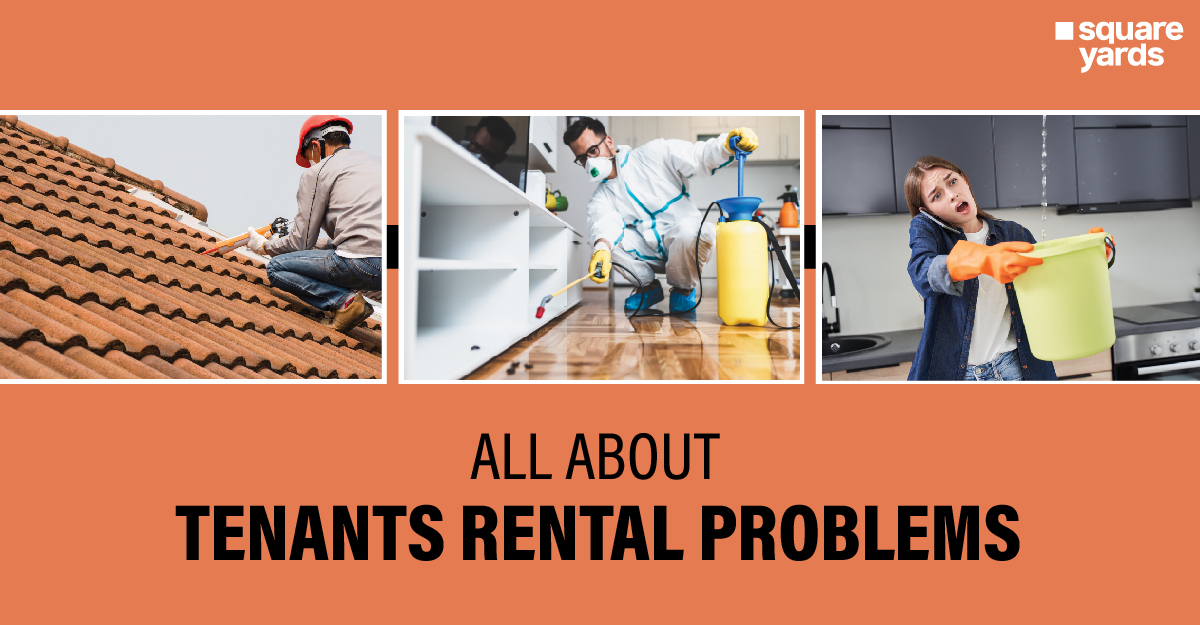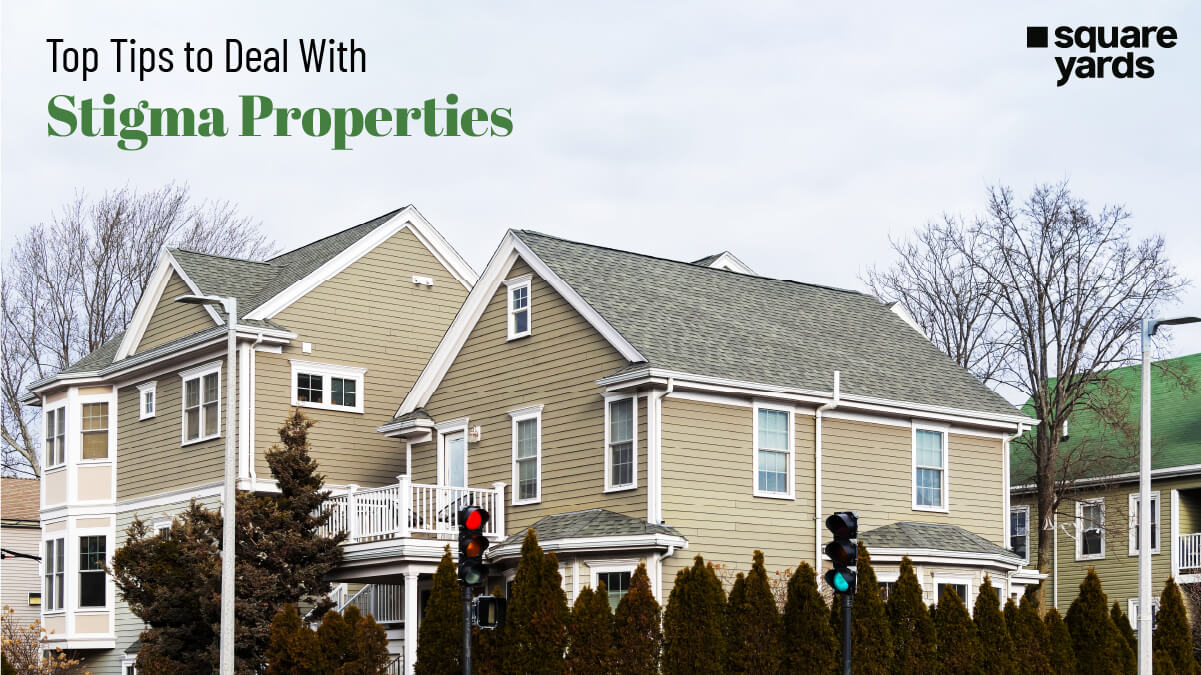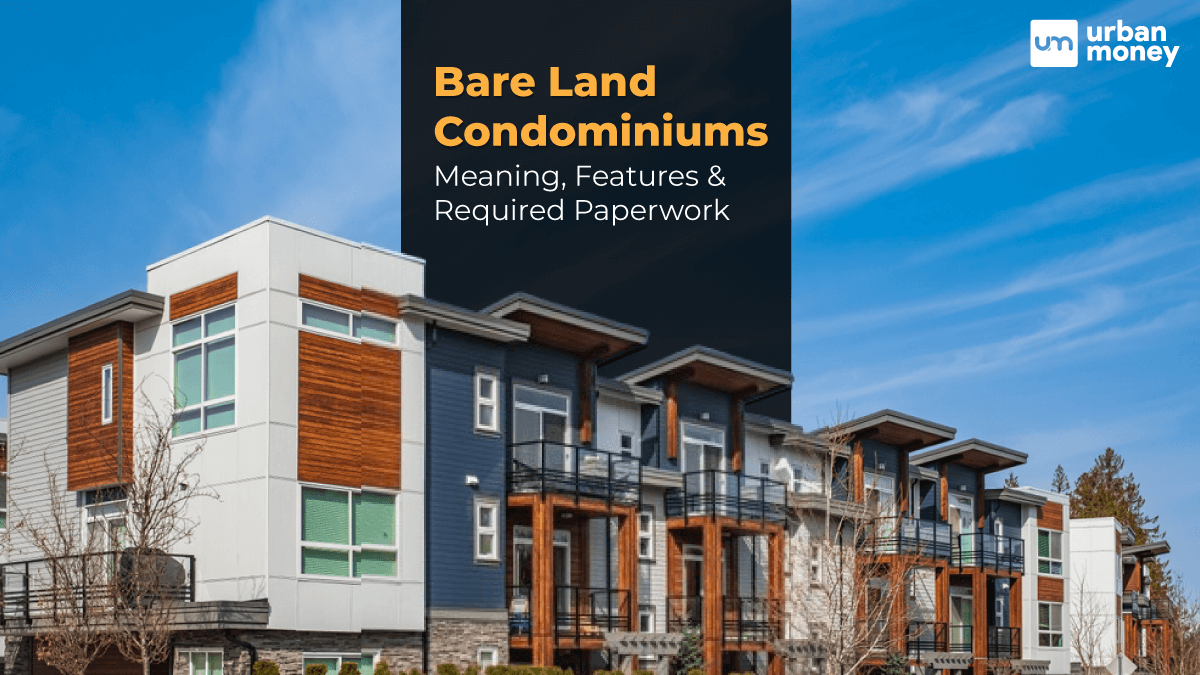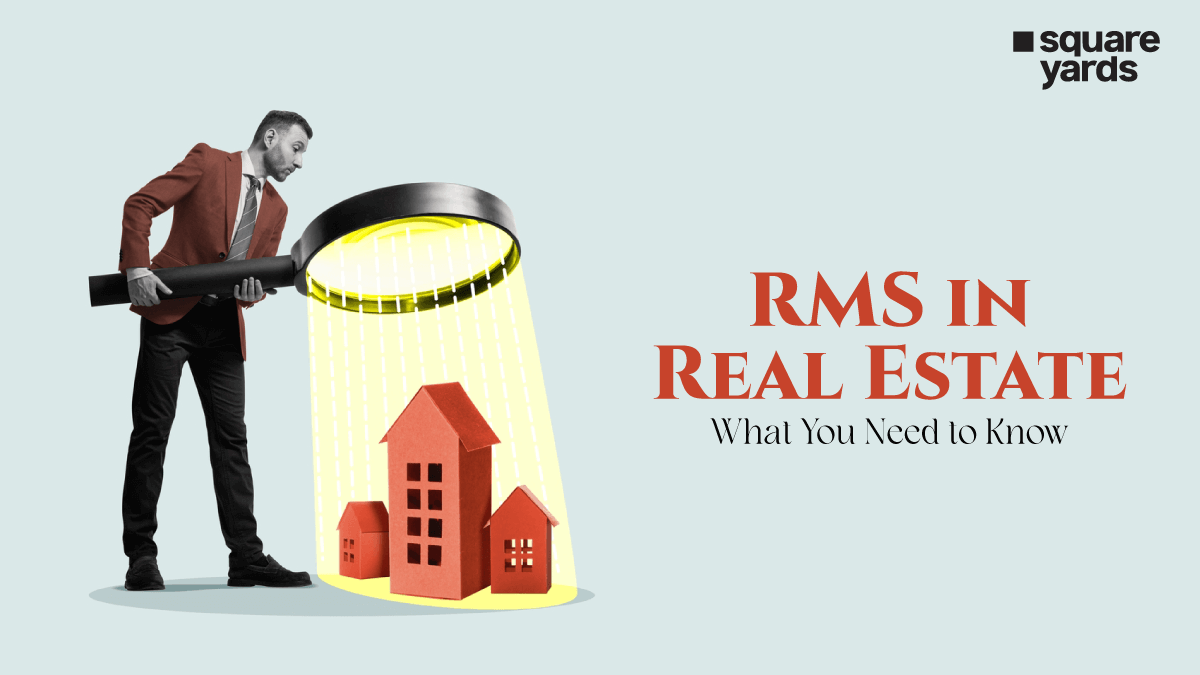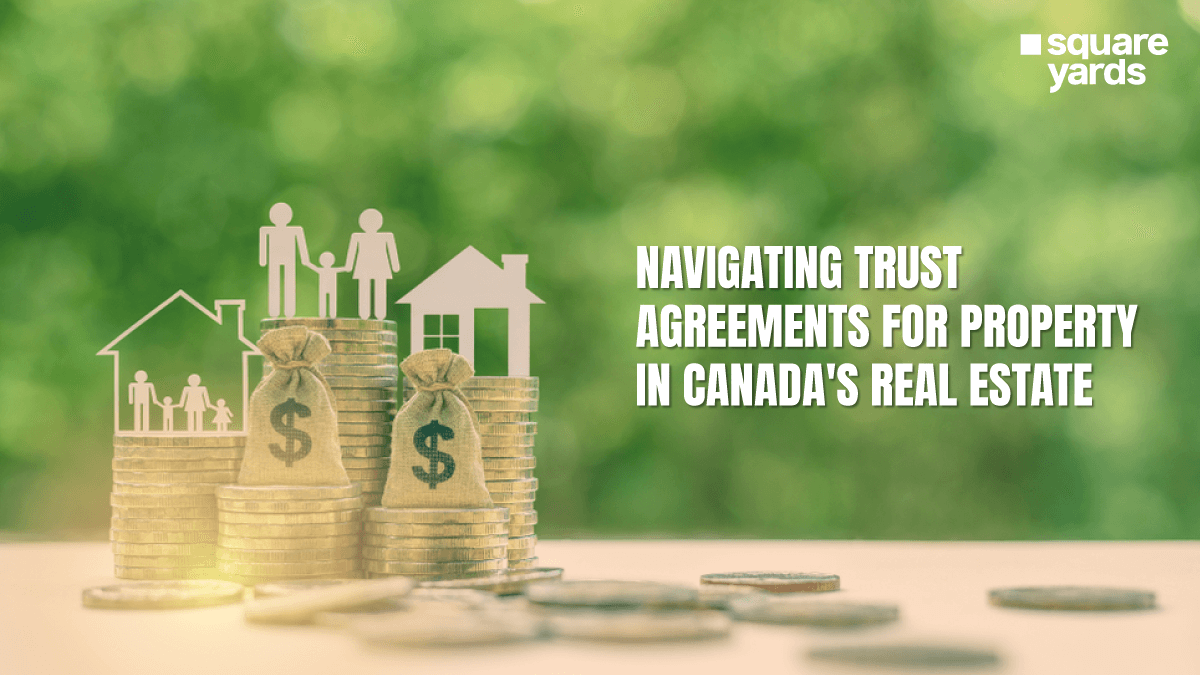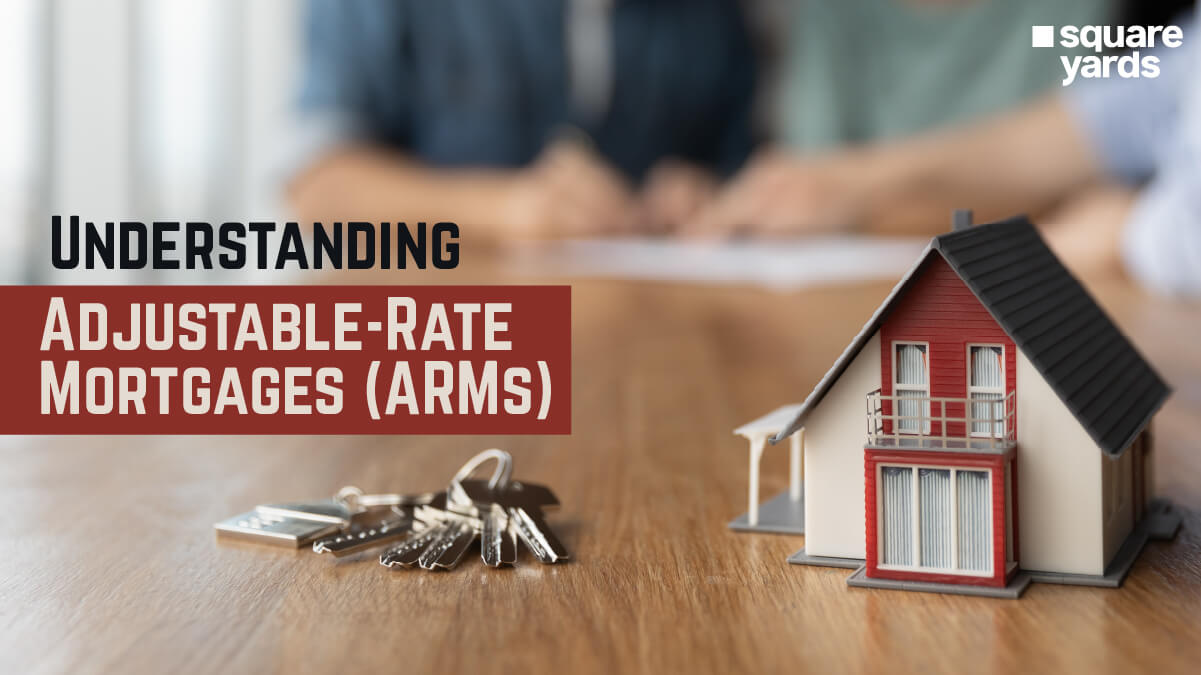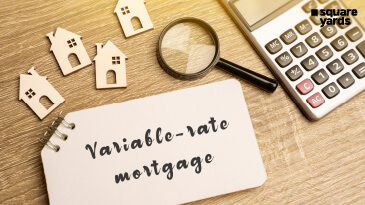You have chosen the ideal rental apartment or property and are excited to begin your new life. But don’t rush; start your research and look for how well you understand your next owner, listing agent, estate management firm or Tenants’ Rental Problems?
Nowadays, tenants’ rental problems are like a ball rolling. This is a common issue, but don’t panic; it’s not insurmountable! Handling landlords regarding your rental problems can be aggravating. If your landowner is late with the issues causing trouble to you, then this blog will assist you. It will provide additional information such as if your landowner is not cooperating, then whom to contact, checking the owner’s background, etc.
Common Tenant Rental Problems
One of the biggest advantages of tenants rental problems is the maintenance. But with the leasing, you need not worry about cleaning or repairing management, dishwasher breaking down, the roof leaks or the pests issues; everything can be taken care of by the landlord. Some of the other issues are mentioned below, which tenants can face.
- Pests issues : Nobody likes to live in a messy house infected with pests or bugs. If a landlord does not care about getting it clear with insecticide regularly, likely you will face high staff turnover. However, inform the landowner as soon as you notice instead of allowing the matter to grow out of control.
- Problem related to roofing : Once you notice the problem related to the roof leakage, ask the landowner to get it fixed right away. Also, tenants have a constitutional right to safety dwelling. Moreover, Legally tenants have the right to take action against the owner if such issues are not resolved. In the future, minor leaks can cause growth in bacteria like mould and fungus and even let the roof cave in. Legally tenants have the authority to put their rent money in an account held. Further, they can reserve it from the landlord until the roof does not get repaired or replaced.
- Non-working equipment : When the lease contractor says, As per the lease agreement, tenants are legally in charge of the upkeep and replacement of any appliances that come with the premises. In such scenarios, before moving into a house, the tenants must gather information from neighbour houses or trustworthy agencies. Moreover, some landowners do nasty work like replacing the broken appliances with poor quality equipment, which later can create problems. Although tenants must look after such things before moving in, if found, tenants have the right to report it to the legal authorities.
- Safety amount deposit concern : According to the civic rules, it allows a landowner to keep the security amount deposit and recover the last month’s wages if any are unpaid during the rental tenure by informing the tenant. If the landowner does not inform the tenants of the reduction amount, then the tenant can make a report against the landowner.
- Unpaid bill : Once you have moved into the house, the electricity bill is excluded from the tenant’s payment. In this case, never forget to take reading units. Make sure your leasing contract is detailed and unambiguous.
- Damage with Intention : Unfortunately, some landlord purposely causes damage before leaving the tenants to get more money. It is good to keep track of the house’s condition during such events. Like taking photos of the house before leaving. Moreover, make sure the images are time and date-stamped, as this will aid in proving your claim in court.
How to Deal with Uncooperative Landowners?
Your owner should solve all of your rental problems without delay in an ideal world. However, in reality, this might not be the case. Consider the following suggestions to deal with uncooperative landlords.
- Get repaired even minor issues : The small leak beneath your washbasin doesn’t seem like a huge matter right now, but it might turn into major mould issues. Always notify your owner as soon as you are aware of a problem. Otherwise, in the end, the landowner will ask you for the payment or may deduct it from your security deposit.
- Give written requests for repairs : Instead of giving replacement requests verbally; raise your complaints over an email. So you have a written record and evidence with time and date stamps.
- Renters security : Tenants pay security amounts to the land lords to ensure their security. It is to safeguard your items from destruction. However, once you leave the rental space, the security amount is refunded to your account. If the landowner does not pay back your amount, then the tenants can take strict action against the landlord.
- Recheck lease agreement : Before signing, read your lease agreement; however, if your landlord refuses to make repairs, glance over your lease documents again to see just what tenants and owner have indeed committed upon. In future, you can take strict action against the land lords before he blames you.
- Seek assistance from a tenants rights organization : Contact a suitable tenants rights organization. You can also search on the US Department of Housing and Urban Development website. Even though your owner isn’t fixing severe repair concerns. They will assist you in identifying applicable local and state landlord tenant laws and providing resources for extra assistance.
How to Check Owners’ Backgrounds?
While accepting your contract, use five simple techniques to ensure your homeowner’s trustworthiness.
- Search them online : You can start with various websites to begin your basic search, like their names and building addresses, to find any wrongdoings. Moreover, look into some of the other apartments and their owner’s reviews if available online. It will give clarity to the renters.
- Check public data : The local government organisations must have a range of data about houses and land lords, and you can typically verify your renter freely. Moreover, the local courthouse must have registration documents accessible by location, so verify who owns the property. Safety violations, bankruptcy procedures, defaults, and federal court agreements are all red signals for land lords.
- Collect information from adjacent neighbours : Whether you are residing in a multi or single apartment building, take a few moments to wander around the premises. However, if you visit that location and see any tenants, try to have a chat with them, and ask about their living experience.
- Inquire about their length of stay; renewal leases indicate a positive homeowner connection. It is vital to inquire about how grievances are addressed and whether they are involved in any issues regarding leadership.
- You can inquire the owner about the present tenants. Moreover, you can search on social media and connect with them.
- Common Steps before stepping in : Whenever you register to reside in their residence, the owner will take your friendly interview; in return, why not ask questions to them as well? Inquire about how service requests can be handled? Determine whether the owner resides on-site, locally, or in another state. Also, ask them about the timing procedures. They ought to be agile and responsive to your inquiries and complaints.
In a Nutshell
Some Land lords are difficult to deal with the rental problems and might ruin your days. While others are late with their reckless regarding causing damage to their homes. Most tenants will have to deal with problematic rentals sometimes, and it is never easy. Fortunately, this blog comes up with a list of the different types of issues tenants’ rental problems to watch out for and some recommendations to assist you in getting out of tight spots.
You May Also Read
Frequently Asked Questions (FAQ’s)
Tenancy is a type of ownership in which each tenant or owner has an equal share of the property.
When a person passes away, the property goes to the present joint tenant under the “Right of Survivorship” law. However, a property owned; by Joint Tenants cannot be issued in terms of your will.
Some of the common tenants rental problems are mentioned: Limited house space, Sometimes you have to deal with a smelly kitchen, The bathroom area is less spacious, Some houses have restricted timing for in and out. What is the common law regarding tenants rental problems?
What happens to the property when a tenant dies in Canada?
What are the common problems faced by tenants?

